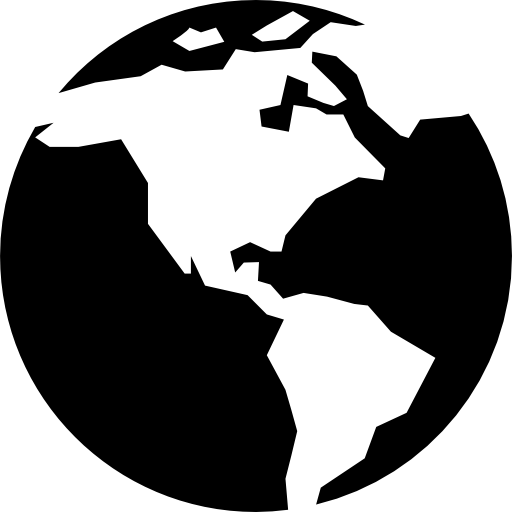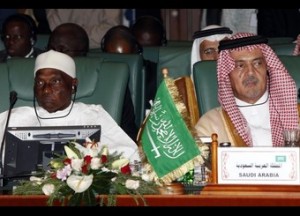Reuters | 6 December 2010
By Amena Bakr DUBAI (Reuters) - Senegal is in talks with Saudi Arabia to lease farmland to grow food of an area nearly four times the size of Manhattan, an official in Senegal involved in the deal told Reuters. Like other wealthy Gulf states Saudi Arabia has been buying farmland in Asia and Africa to secure food supplies after inflation had nearly doubled the price of food in 2008. "We are in talks with Saudi Arabia now and we are offering them 400,000 hectares of farmland to lease on long term basis in Senegal," said the official, who declined to be named. "Some of the land is already producing food and other parts are not and the farmers have no problems with these lease deals," he added, declining to give the value of deal or details of its location. Buying land in countries that can barely feed themselves and exporting produce from them has exposed investors to popular unrest and political disapproval in their target countries in the developing world. "The deals will severely undermine national food security and destroy the livelihoods of millions of farmers and pastoralists," said Devlin Kuyek a researcher at Grain, a Canadian-based NGO. "All of this is transpiring behind closed doors with African governments and without the knowledge of the affected people or the general public," he said. According to the contract terms being discussed, the deal will allow up to 100 percent of the food being produced on the land to be exported by the investors, the official from Senegal said. "These deals can be very flexible because we want to attract investment," he said. Due to limited water supplies, the kingdom plans to phase out production of all the water intensive crops that had depleted resources. The crops include wheat, soya beans and animal fodder. Saudi needs around 2.6 million tonnes of wheat annually, and the government said last year it would rely entirely on wheat imports by 2016. Last year, Foras International Investment Company, a group of Saudi-based investors, including the Islamic Development Bank (IDB) launched a seven-year plan worth $1 billion in Africa to reduce dependency on rice imports and supply the Middle East region. The so-called 7X7 project aims at developing and planting 700,000 hectares of farm land to produce within 7 years 7 million tonnes of rice. "We are in talks to acquire 150,000 to 200,000 hectares of farmland in Senegal, but the deal has not been finalized yet," said a spokesman from Foras. "We are also looking at land in Mauritania and Benin," the spokesman added, giving no further details. Foreign investors have acquired some 15-20 million hectares of farmland in poorer countries since 2006, according to the International Food Policy Research Institute.Senegal in talks to lease farmland to Saudi
- Tags: Foras International | Saudi Arabia | Senegal
-
 Reuters
Reuters
- 06 December 2010
Who's involved?
Whos Involved?
Carbon land deals
Dataset on land deals for carbon plantations
07 Oct 2025 - Cape Town, South Africa
Land, Life and Society: International conference on the road to ICARRD+20
Languages
- Amharic
- Bahasa Indonesia
- Català
- Dansk
- Deutsch
- English
- Español
- français
- Italiano
- Kurdish
- Malagasy
- Nederlands
- Português
- Suomi
- Svenska
- Türkçe
- العربي
- 日本語














